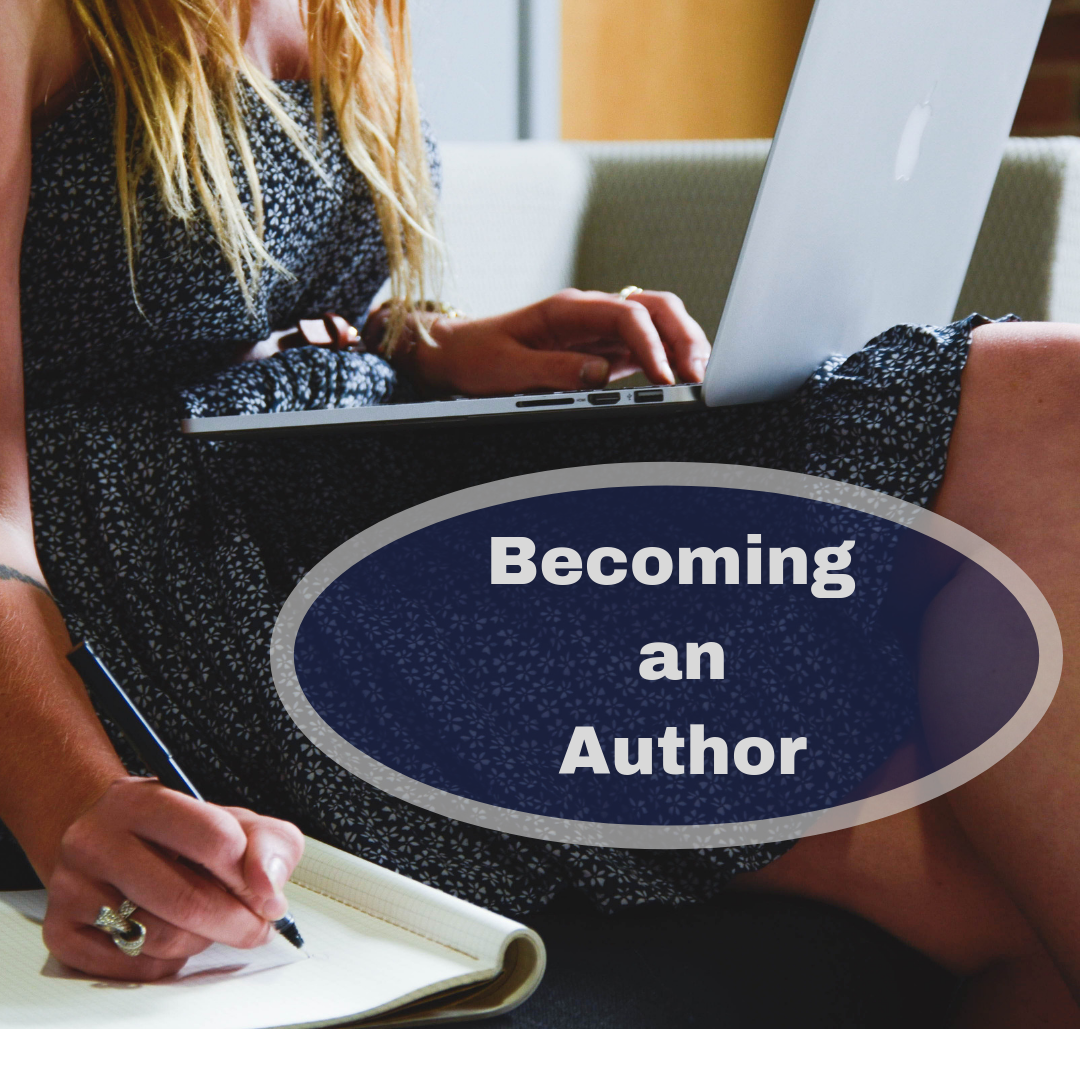
Book Proposals
The Two Big Cs
So, it’s Christmas and we’re all still dealing with Covid. Who would have imagined a year ago when we…
December 22, 2020
So, it’s Christmas and we’re all still dealing with Covid. Who would have imagined a year ago when we…
December 22, 2020
Recently I heard an update about the long-term effects of those who have survived Covid-19. Not only can the…
October 29, 2020
There’s no denying that COVID has brought about drastic changes to our world in 2020. Yes, most of these…
October 9, 2020
We’re all struggling in this craziness, but one thing is sure, we are writers! We push on and don’t…
August 25, 2020
I don’t know if this happens to you, but when stress piles up in my life, my body starts…
June 16, 2020
Writing during a global pandemic is probably not something you thought you’d be tackling. Writing is hard enough by…
June 7, 2020
Well, here we are. Or … here I am, and there you are. We’re social distancing. This is new…
April 25, 2020